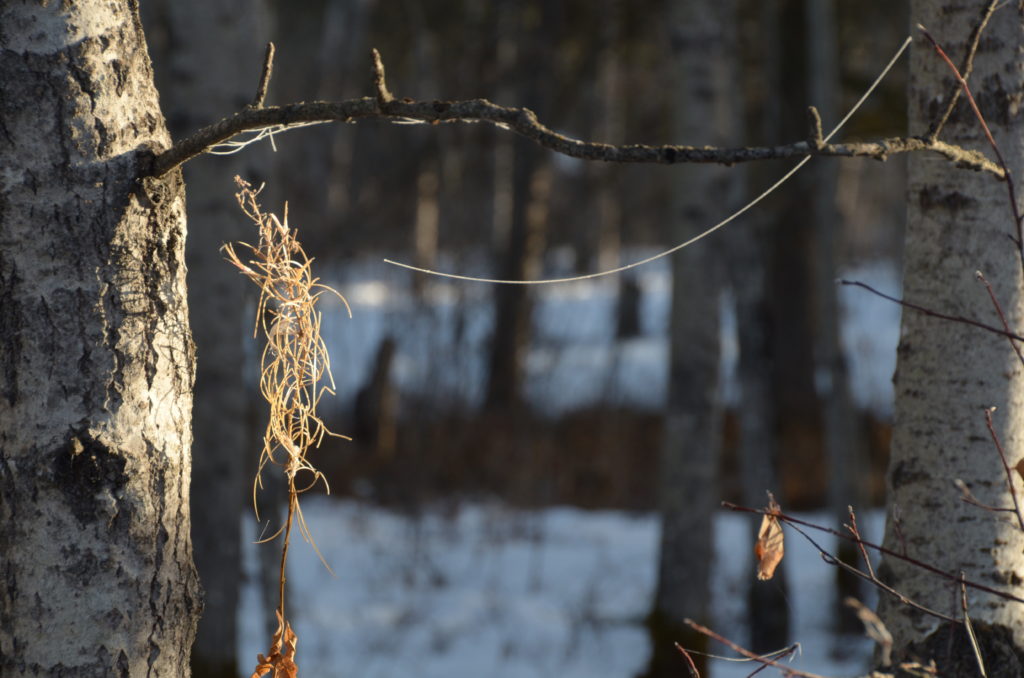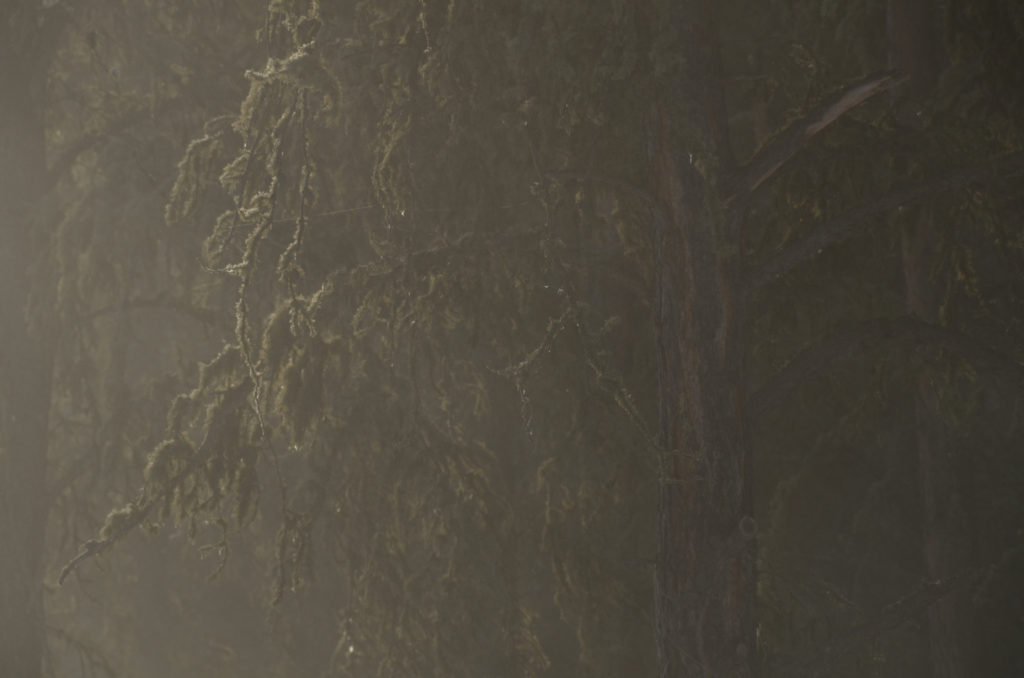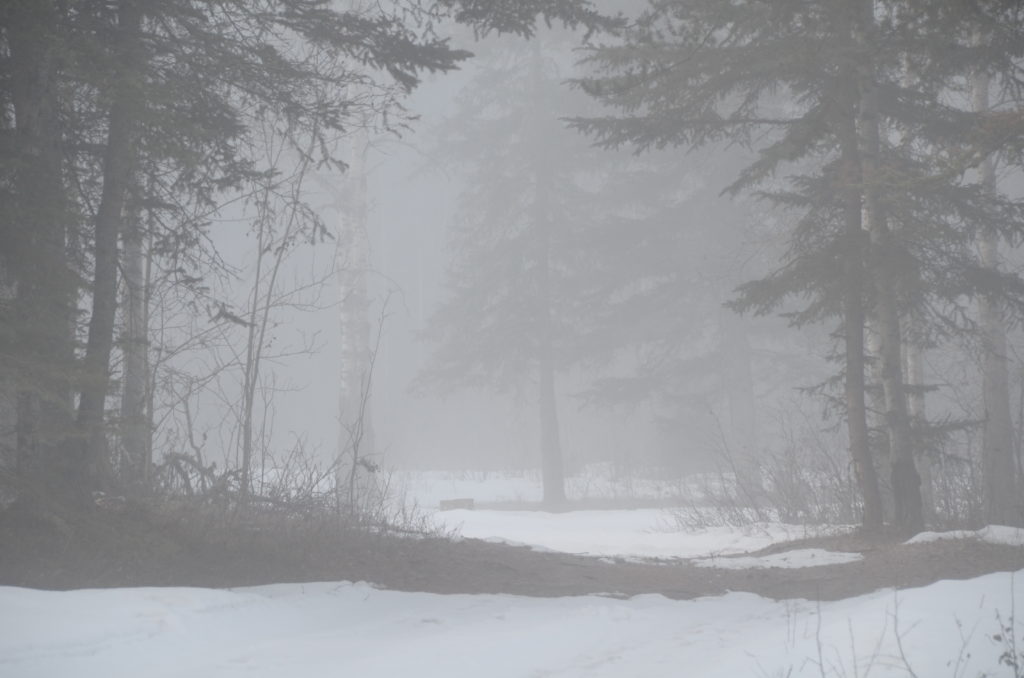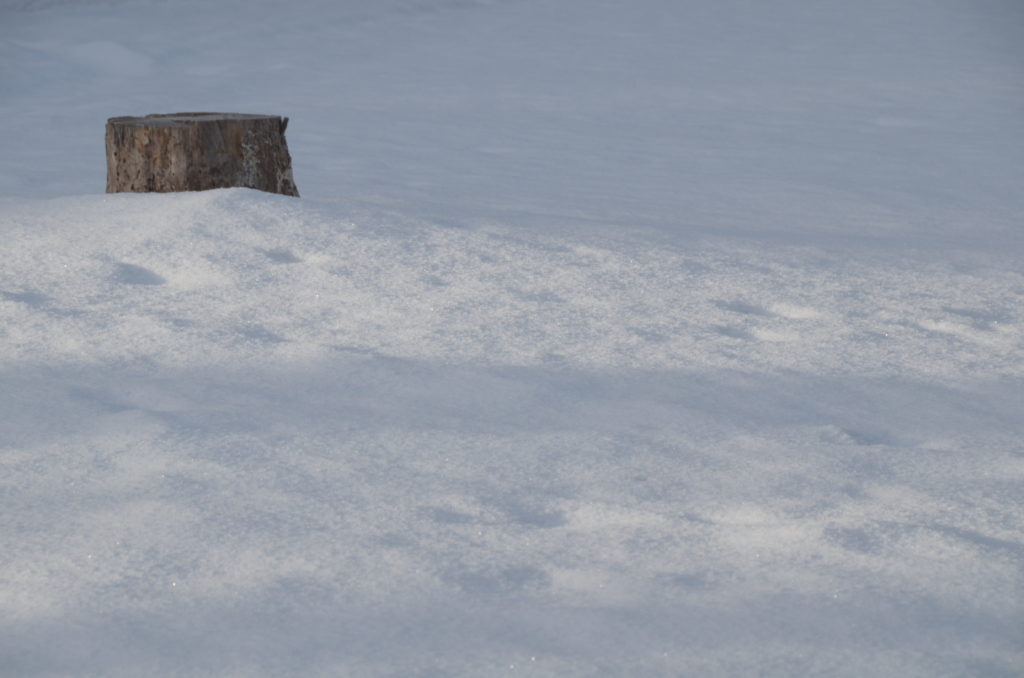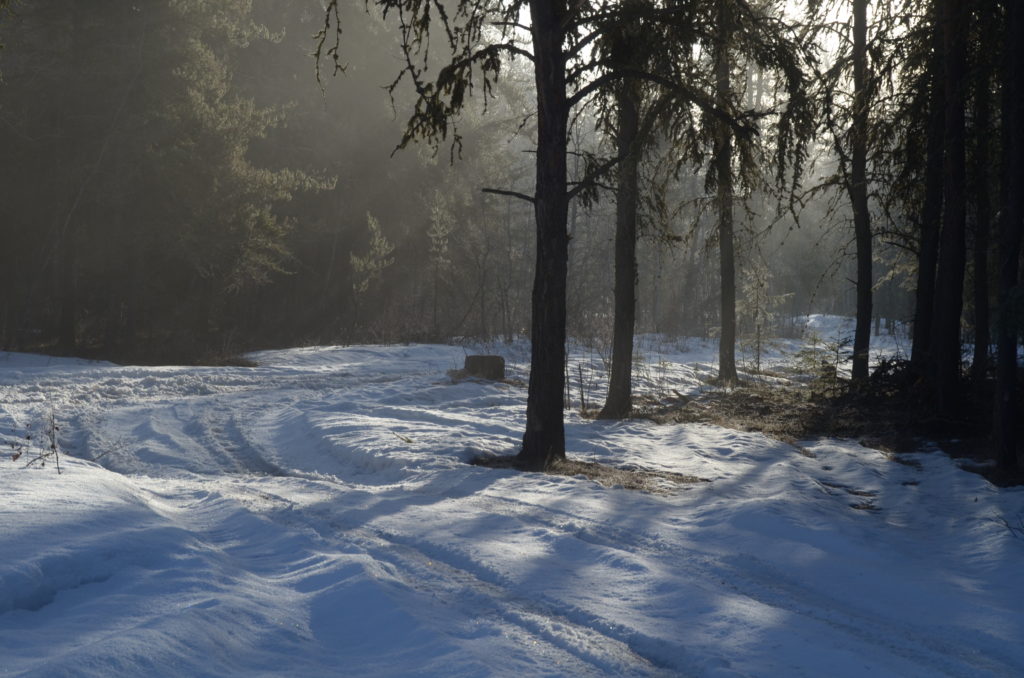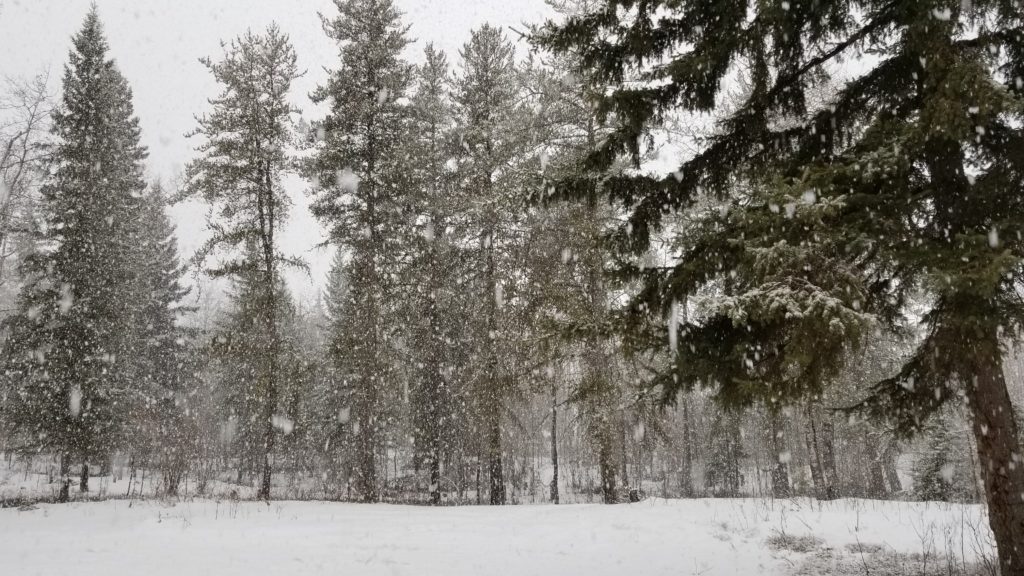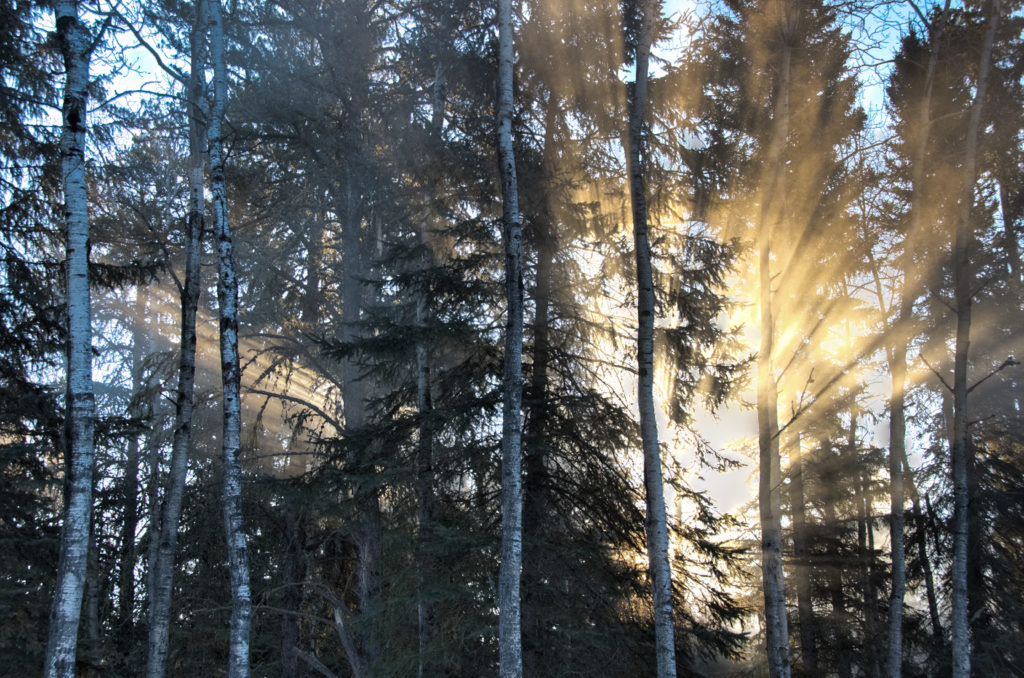This is really still way too rough, but here it is, as a way-point along the way. Before it is done it needs to be half as long, and more focused.
There’s work to be done on it.
Lenten Theme:
Isaiah 58:
A fast that is acceptable to God: sacrifice for justice, freedom, food, homes.
This week’s Theme:
Change of Heart
Lessons:
Ezekiel 36.22-28
Psalm 119. 1-16
Mark 7.1-8, 14-15, 21-23

A Change of Heart
Happy are those whose way is blameless
Blameless No one!
Jesus, Paul, Augustine, Luther and many more Christian theologians and teachers have made it crystal clear that if anyone were to be able to be blameless the whole course of the human species would be entirely different. No one can be entirely blameless.
In fact we confess that we are all sinful and unable to free ourselves, that we require Jesus’ intervention of grace so that we can live in God’s promise that we are God’s children, God’s ambassadors of grace to all people.
Only Obey if written on our Hearts
The only way that we at all can obey God’s commandments and statutes is if through the Holy Spirit, they are emblazoned on our hearts, so that we can do no other than follow them.
Change Hearts: God does us right with God
Wednesdays after a soup supper we’ve looked at change of season, change of circumstance, change of habits, and today we look at changing our hearts.
The starting reminder is that this is not possible for us alone; and further that not our habits, nor our words, nor our thoughts, nor even our beliefs put us right with God. We never are right enough with God. God takes us in as Children, as recipients and bearers of Good News, as Ambassadors of Christ, as the voice, the hands, the feet, and the compassionate Grace of Jesus Christ for other people. God does it all, and then we get to respond, because the Holy Spirit equips us to respond.
We can practice responding, bathing ourselves first in reminders that we need the Holy Spirit to work in us, in order that our practice will be any good at all. Then we can set forth, practising all we can; Praying that the Holy Spirit will transform our feeble efforts into the real Grace of Jesus the Christ.
What can we do to change our hearts?
Transplants
Since 1967, when Bernard Christian transplanted the first human heart, we can have surgeons transplant our diseased heart with a new heart. Heart transplant patients report that having one’s heart changed is more than just a physical experience. Something more changes, as another person’s heart gives them life, a person that has met an untimely death. The patient carries on with life, for themselves and in a noticeable small way for the donor of the heart.
What is the heart to us? What exactly are we trying to change?
In many ways the heart is much more than it was thought to be in old Hebrew thought, or even in the thoughts concerning heart, mind and soul in Jesus’ day.
[fill in OT thoughts of heart, Greek thoughts of heart, compared to mind and soul, and compared to today: heart, the seat of emotion. Maybe maybe not?]
In many minds today the heart is the seat of emotion, of passion, of a person’s will. This may not match much of what we know about the physical anatomy of the human body and mind; but it is common in literature and in everyday thought.
Whether our understanding of the heart is accurate or not, this evening’s theme is precisely about more than changing just a physical heart. We are talking about changing that which is the seat of one’s emotions, the center of one’s own will, and the motive center behind one’s thinking and actions.
Nearly Impossible
To change the seat of emotions, the center of one’s will, the motives behind one’s thinking and actions is first off, a very complicated concept.
Secondly it is so much more complicated to accomplish. It is nearly out of the realm of human possibility, but not wholly.
So Many Efforts Miss
A well-heeled congregation decided to do something really good for a poor neighbourhood nearby. After carefully looking through the neighbourhood they found a deserted chunk of land, filled with weeds, stones, even the odd syringe. They decided it would make the perfect neighbourhood playground. They bought the land, brought in good topsoil, sod, and finally playground equipment. Then they headed to a community hall to “hand over” ownership. The community leaders said a very polite thank you, but seemed lacking in enthusiasm.
“What’s wrong?” a congregation member blurted out.
“Well,” said one of the community leaders, “we had plans for that land. We had been saving money and applying for grants with corporate sponsors, invested in getting drawings done and we were about 6 months from startup. It would have had a play area, community gardens and even a basketball court on one end.
“Now we’ll have to let all that go and enjoy the playground.”
But still we can start trying
There are things we can do to change our hearts, to change how we feel about another person, our situation in life, the events that happen around us. While we cannot change our individual emotional responses to events, we can slowly, through diligent practice of habits, change the range of our emotions that we experience. We can over time, encountering pretty much the same kind of events, move ourselves from a sad, downward unengaged emotional response to common enough events, to a hope-filled, engaged, even joy-filled emotional response to the same common events.
It takes lots of time, diligent work, and a motivation that is nearly without limit.
Holy Spirit is writing on our Hearts
And that is when we see that, though we may like to think we can accomplish such a change of heart, the Holy Spirit is required to change our hearts to be those of people to serve Christ and Christ’s people.
On the other hand if we ever would want to change our hearts away from God, then we need to fight off the Holy Spirit first. We need to fight against the Spirit to be able to think we taken even one step distance from God who has promised to be with us for life and beyond.
What we can do, forgive: act as if the other has not sinned against us. Treat them special, even. Give them gifts they really want. Behave that they are precious to us; they become precious, and then we realize, we have actually forgiven them. We’ve moved beyond the emotional load experienced when we remember what they have done to us. We still remember, but it is not an emotional drain. It is more and more like information that does not impact us.
Changing a Heart makes huge differences
In many ways we suffer what happens to our hearts.
But we can choose to set parameters for our hearts. We can choose the universe that our hearts operate in. Other people influence our hearts more than we will ever know.
We can try to fix the world with our privilege, power, and wealth. Or we can use our ears to listen to those in need, our minds to discern what the real issues are, and our hearts to empathize with their plight so that how we act will actually meet the real needs of the people we try to help.
St. Augustine, perhaps the most influential of Christianity’s early thinkers, writers, preachers, and practitioners of faith, did not start out a Christian. Born of a Christian mother and a pagan father, he was denied baptism. He spent his youth as a Manichaean, and according to his own accounts lost himself in pleasures and wanton living. He was befriended by Ambrose, who he met since they both shared exceptional skills as rhetoricians. It was Ambrose’s friendship that deeply effected St. Augustine’s heart. He converted to Christianity, was baptized, and ended his life serving as the Bishop of Hippo in north Africa, where he wrote and preached; and steered the course of Christianity to the faith we recognize today, as well as the Roman empire towards Christianity.
It is the heart that informs and equips us to turn our lives in a different direction, which can either be for ill or for the better. It is our hearts devoted to Christ, thankful for all Christ has done to give us breath and renewed life, which focus us on faith, ideas, words, and actions which can help others experience what we experience from Christ.
Hearts change the course of our lives, and the course of our communities, our churches, our countries, and even the course of human history.
Joyful and blameless; a gift
We trust that God is always with us. We can be blameless and joyful therefore, not because it is our track record, but because Jesus steps in for us and we are reckoned to have Jesus’ blameless track record.
One person, the Christ, was blameless, gifts his to us
Because there was one human who lived and lived entirely blameless before God, the whole of human history is changed, yours and mine, and each of our lives are inexorably changed toward God, toward life, and toward giving everything we have and are in order that others may know God’s grace as well.
Donor of a Heart; call to sacrifice so others may live with great hearts
There is something to being a human heart donor, besides that first one is on the other side of death. It is to give to another the seat of one’s will and passion, the center of one’s life, and to give it to another in order that they may live, and living may have life abundant.
Have a heart. Have a change of heart. Give your heart to living as God calls and equips you to live.
Surrender you heart to the will, passion, and purpose of Jesus Christ.
And live as never before: live the fast that is acceptable to God, the fast that through our sacrifice others receive justice, freedom, food, and homes.
Amen
